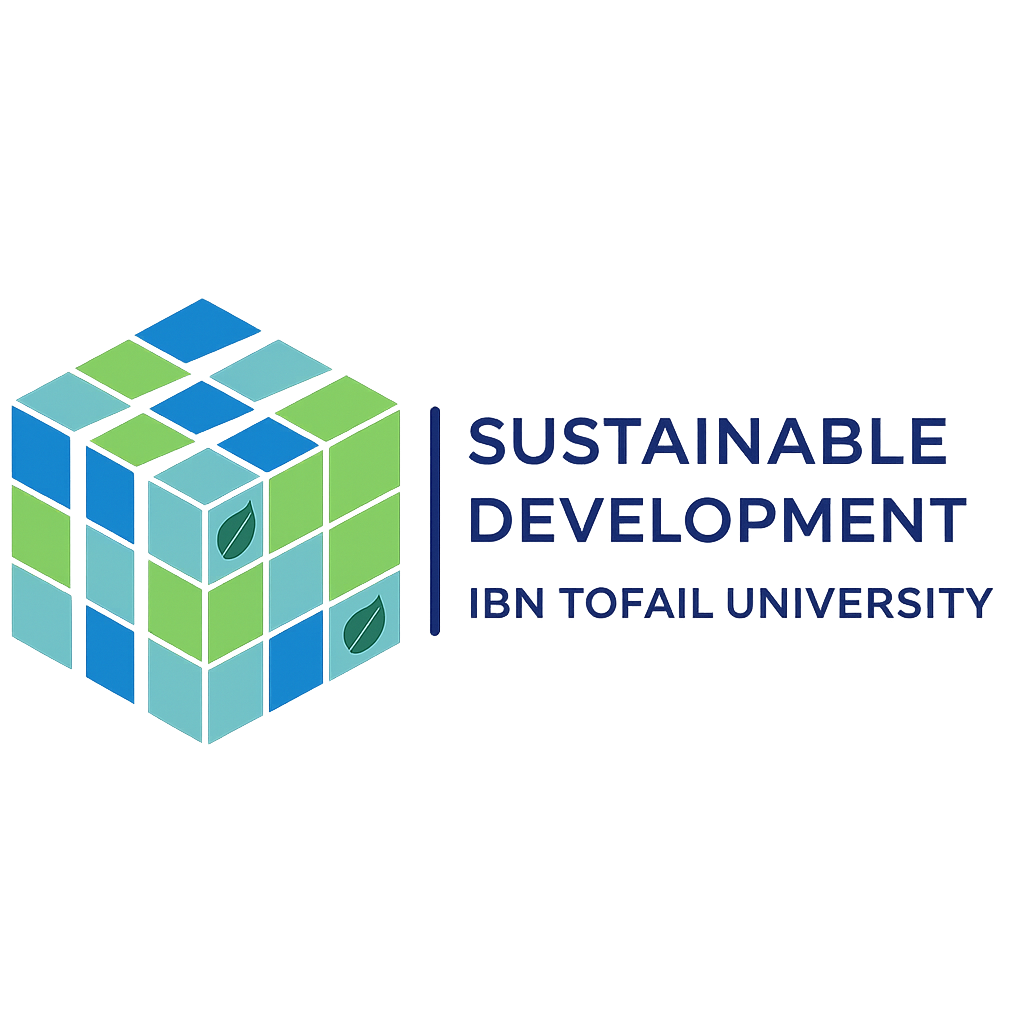Ibn Tofail University is deeply engaged in advancing research on land and agriculture, recognizing the critical role of sustainable practices in preserving natural resources and promoting food security. The university fosters collaboration across disciplines and believes that strategic partnerships, both national and international, can generate innovative solutions and impactful results. Committed to environmental stewardship, UIT encourages its researchers to explore sustainable agricultural methods, improve ecosystem management, and develop climate-resilient practices, and enhance biodiversity. Through these initiatives, the university not only supports scientific excellence but also contributes to the sustainable development of local and regional agricultural systems.
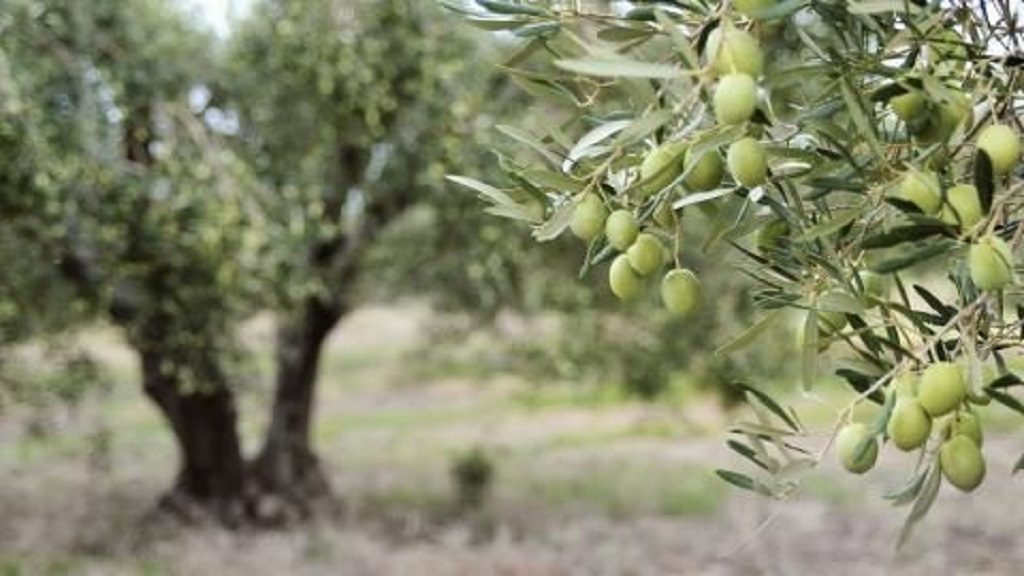
Olive tree adaptation
The ClimGenOlive project (2022–2025), coordinated by Pr. Allal Douira at Ibn Tofail University in collaboration with national research institutions, aims to enhance olive tree resilience to climate change through genomic and association genetics approaches. The project focuses on understanding flowering processes, including induction, dormancy, and temperature requirements, as well as identifying structural and functional traits that ensure drought adaptation while maintaining physiological and productive stability. By linking phenotypic traits to genomic regions, the project seeks to define markers for selecting locally adapted, climate-resilient varieties. Scientific outcomes include improved knowledge of genetic and environmental factors influencing flowering and drought tolerance, while applied impacts involve classification of 200–205 Mediterranean varieties, selection of elite genotypes, development of genomic markers for breeding programs, and creation of adaptation maps, thereby supporting sustainable olive cultivation and agricultural resilience in Morocco.
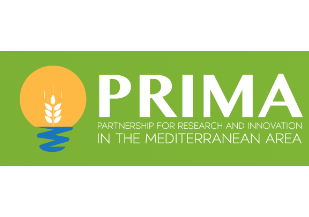
SUPREM-MILK
The SUPREM-MILK project (2023–2026), coordinated by Pr. Youssef Aboussaleh at Ibn Tofail University, aims to enhance the sustainability and resilience of the Mediterranean milk supply chain, aligning with SDGs 2, 3, 12, and 13. The project involves Southern Mediterranean countries (Morocco, Egypt, Turkey) and Northern partners (Italy, France, Spain) and focuses on three key objectives: assessing the carbon cycle and sustainability of dairy ecosystems, supporting farmers in adopting sustainable technologies and best practices, and evaluating the carbon footprint, self-sufficiency, and competitiveness of milk supply chains while considering consumer nutrition and health. By providing tailored tools and solutions, SUPREM-MILK promotes circular, low-carbon agriculture and strengthens the environmental, economic, and social sustainability of the Mediterranean dairy sector.
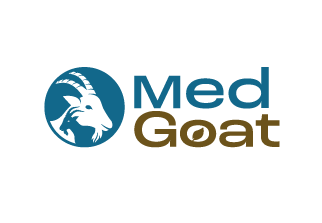
MEDGOAT: Goat farming systems characterization and novel strategies to sustain production in the changing climate scenario in the Mediterranean regions
The MEDGOAT project (September 2023 – August 2026) aims to strengthen climate resilience and ecosystem sustainability in Mediterranean pastoral and agro-pastoral communities, with a particular focus on goats. Its objectives include promoting the use of local goat breeds, preserving and rehabilitating pastoral ecosystems, improving landscape management, and enhancing rural livelihoods. The project also addresses knowledge gaps on breed resilience, alternative feed nutritional value, and ruminal effects. Demonstration and outreach activities in Tunisia and Morocco will provide technical guidance and raise awareness on sustainable feeding practices and ecosystem management, supporting communities in adapting to climate change and ensuring the long-term sustainability of agro-pastoral systems.
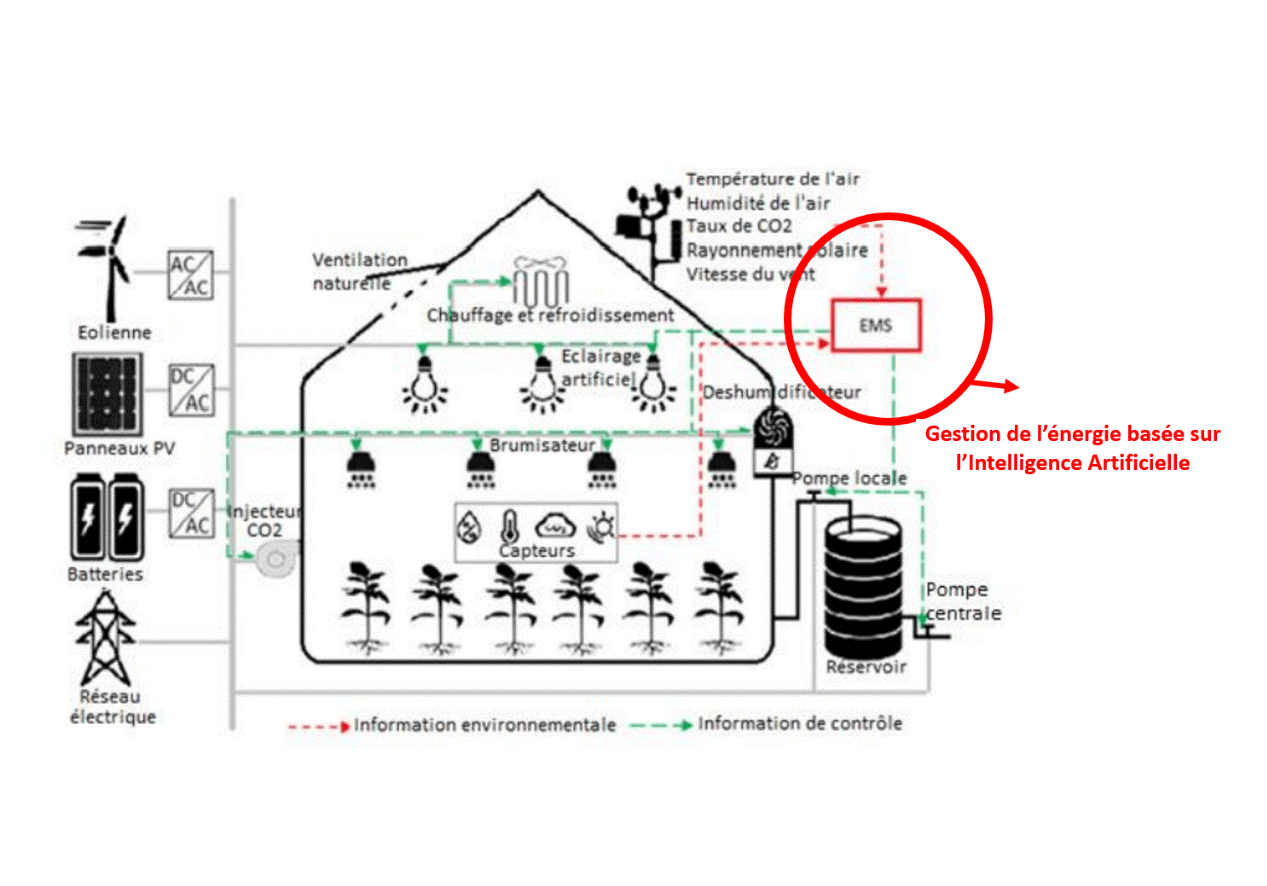
The Advanced Control System for Intelligent and Sustainable Operation of Connected Agricultural Greenhouses
The Advanced Systems Engineering Laboratory (LISA) project (2021–2024), coordinated by Pr. Zejli Driss and supported by CNRST, MESRSI, UM6P, and OCP, focuses on developing a smart management system for connected agricultural greenhouses integrated with hybrid micro-grids. The project aims to create an advanced predictive control platform using artificial intelligence and machine learning to manage greenhouse bioclimatic indicators, energy distribution, and renewable energy integration in real time. By optimizing control and decision-making modules for heterogeneous systems—including energy storage, pumps, sensors, and smart meters—the project supports the transition to precision and intelligent agriculture, enhancing sustainability, efficiency, and the integration of renewable energy in modern greenhouse operations.
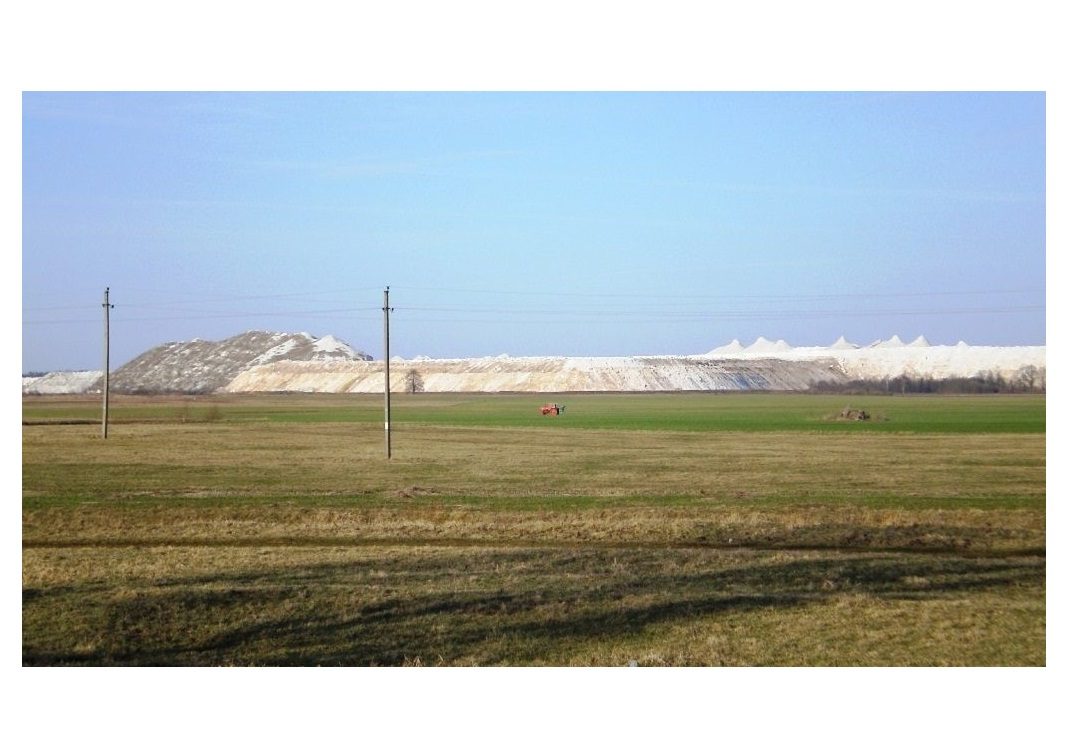
Phosphogypsum Amendments: a Promising Solution to Mitigate the Effects of Salt Stress in Citrus Orchards.
The project “Phosphogypsum Amendments: A Promising Solution to Mitigate Salt Stress in Citrus Orchards” (2022–2024), involving Ibn Tofail University, UM6P, NCSTR, and MHESRI, aims to reduce soil salinity in citrus orchards by replacing conventional gypsum with phosphogypsum, a by-product of phosphoric acid production. This initiative addresses soil degradation while promoting sustainable management of industrial by-products. The project evaluates the safety of phosphogypsum applications, exploring bioremediation strategies using selected microorganisms and plants to neutralize potential toxic elements, thereby ensuring environmental protection, improving soil health, and supporting sustainable agricultural productivity.
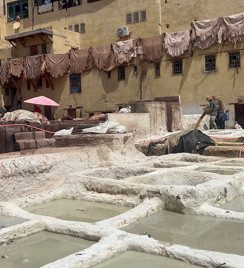
Vegetable Tanning
The project (2023–2026), funded by the Ministry of Tourism, Crafts, and Social and Solidarity Economy, focuses on the characterization and improvement of the vegetable tanning process in the artisanal leather sector. It addresses challenges related to quality and competitiveness caused by uncontrolled raw materials and tanning operations. The project involves bibliographic research, collection and extraction of tannins from plant sources, laboratory characterization, and development of technical protocols to optimize tanning procedures. Scientifically, it aims to explore new natural tanning agents and enhance understanding of chemical interactions between plant extracts and skin fibers. Environmentally, the project promotes eco-friendly alternatives to chrome tanning, reducing toxic discharges, chemical usage, and resource pressure while enabling better valorization of by-products. Economically, improving vegetable tanning can strengthen local artisanal economies, enhance product quality, lower production costs, and expand market opportunities in sustainable fashion and luxury sectors, while supporting circular economy principles.

Harnessing Nature: Phytotherapy for Stress Relief and Cognitive Enhancement
On October 1, 2024, researchers at Ibn Tofail University in Kenitra presented a groundbreaking study on the use of phytotherapy—plant-based treatments—to alleviate mild stress and enhance cognitive performance. Led by Imane Kherrab, Miloud Chakit, Amina Ez-Znafry, Abdelhalem Mesfioui, and Aboubaker Elhessni, the team investigated plants with calming and brain-boosting properties, validating their effectiveness through rigorous scientific methods. The study highlights the potential of medicinal plants as natural, holistic alternatives to conventional treatments, with broader applications for conditions such as insomnia and chronic fatigue. This research not only advances the scientific understanding of phytotherapy but also encourages further studies, collaborations, and investments in natural medicine, emphasizing the innovative role of plants in promoting mental health and overall well-being.

Treatment of high-strength industrial effluents through biomethanation
This applied research project (2021–2024), conducted in the Rabat-Salé-Kénitra region, an agricultural and agro-industrial hub, aims to address the environmental challenges caused by highly polluted effluents from molasses-based alcohol production. In partnership with Sotrameg, Morocco’s only ethanol distillery, Ibn Tofail University’s Laboratory of Advanced Materials and Process Engineering developed a semi-industrial pilot system for anaerobic digestion (biomethanization) of vinasse, a sugar industry by-product. The process treats suspended solids, COD, and BOD5 while generating renewable biogas and producing nutrient-rich digestate for agricultural use. The project promotes sustainable waste management, renewable energy generation, and circular economy practices in the water–energy–agriculture nexus.
